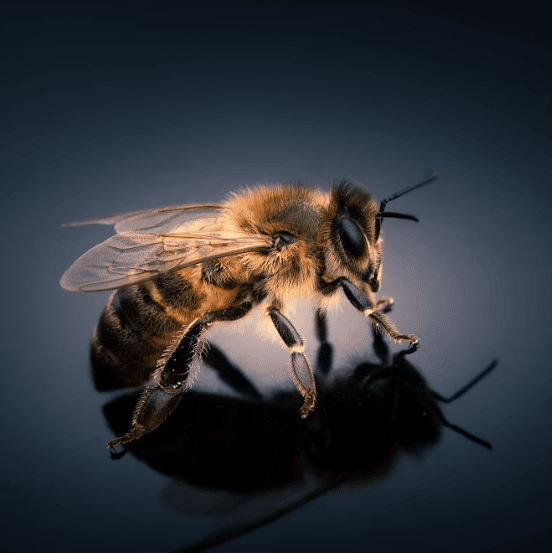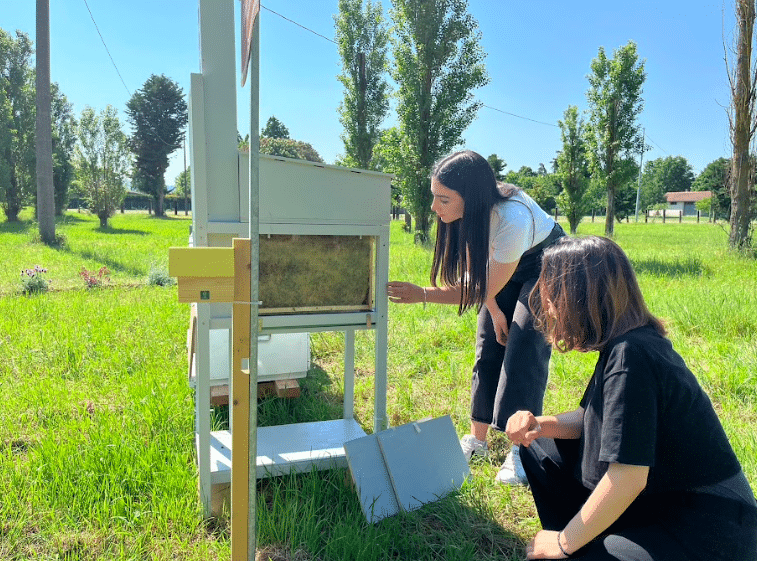In the history of our Planet, climate change has always been present but in recent years we have witnessed a worrying worsening. Since the advent of the industrial revolution, in fact, the amount of CO2 in the atmosphere has doubled from the minimum amount recorded in the last 700,000 years, and temperatures have fallen sharply. These changes also negatively affect the life and activity of bees.
Water shortages cause a scarcity of nectariferous blooms, and as a result bees find fewer plants to pollinate. In addition, the use of pesticides by growers seriously endangers bees, which often cannot survive such toxic substances.
The answer to these issues comes directly from overseas. The U.S. government, in fact, instead of restricting the use of pesticides by growers, has preferred to fund a project to develop robot bees capable of providing pollination artificially. The mini “bugs” were created by researchers at MIT Boston in conjunction with Harvard University, but the retail giant Walmart has also decided to develop its own.
These tiny drones are roughly the size of a bumblebee, weigh half a gram and their wings reach 500 beats per second, enabling them to withstand gusts of wind.
At the moment, the mini robots look like a small rectangular box and are not yet able to fly autonomously because they are not equipped with a battery that allows them to fly without the help of wires that provide power. The final design, in addition to the implementation of the built-in battery, calls for the drones to look as much as possible like a real bee in terms of size and movements. However, the researchers estimate that this will be achievable in 10 years at the earliest.
While it is comforting to know that we can always rely on technology to create solutions that can make our lives easier and more intuitive, we need to ask ourselves whether it is actually worth focusing attention on projects of this magnitude or whether it is appropriate and extremely more important to invest our resources in strengthening the protection of bees. The latter, in fact, are not only valuable for honey production, but also for their pollination activity, which enables the reproduction of at least 90% of wild plants essential for the functioning of ecosystems and the provision of food used by humans for their own food and that of animals.
Bees are responsible for the survival of the human species and the balance of various ecosystems and play a critically important role in maintaining biodiversity. What’s more, they can be useful in monitoring air quality in urban areas because pollination of urban flora can support better local air quality.
This is the reason why our mission is to protect the most important pollinating insect. How?
- By designing useful sensors for beekeepers to manage bees
- By supporting the “Adopt-a-Hive” program through which individuals and businesses can actively contribute to bee protection
- By simplifying urban and hobbyist beekeeping with b-box
- By creating urban apiaries to raise awareness of the importance of bees
An additional way to contribute to the preservation of bees is by approaching more sustainable agriculture such as vertical farming, reducing the use of chemicals and restoring natural habitats. It becomes clear, then, that any extinction of bees would forever affect the entire planet and inevitably our quality of life.

